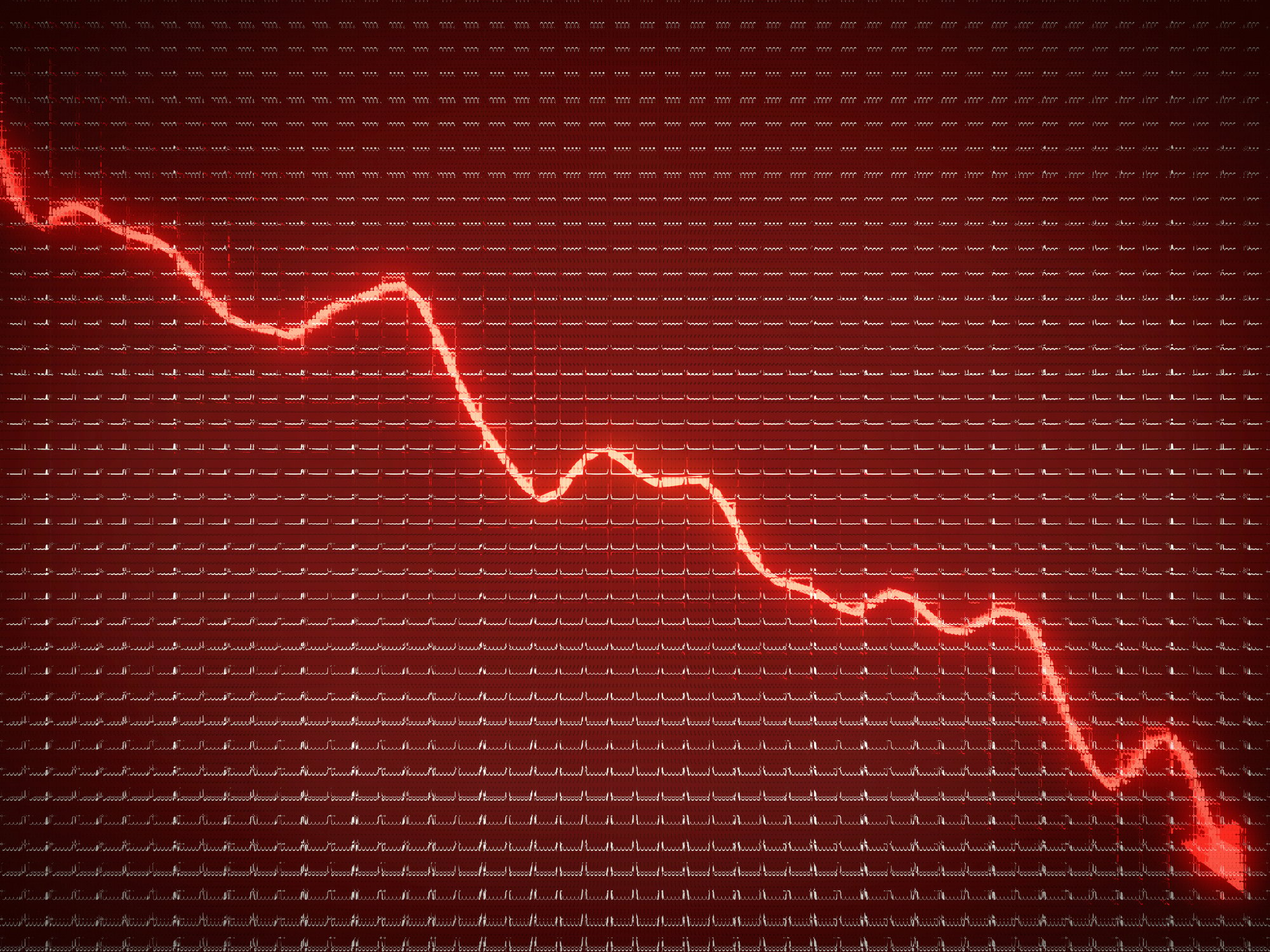Every day, Wall Street analysts upgrade some stocks, downgrade others, and "initiate coverage" on a few more. But do these analysts even know what they're talking about? Today, we're taking one high-profile Wall Street pick and putting it under the microscope...
PagerDuty's (PD 2.75%) IPO was a spectacular affair.
After surging 60% on their very first day of trading, shares of the automated alert software maker proceeded to climb another 28% through its quiet period, then tack on another 16% in the months after Wall Street analysts were permitted to begin talking about it publicly.
Unfortunately, it's hard to maintain that kind of momentum long-term, however. After reporting earnings in June, PagerDuty entered a long slump that has seen 37% subtracted from its share price over the last couple of months.
That's the bad news. The good news is that with PagerDuty shares now costing less than what they sold for on IPO day, one Wall Street analyst believes it's time to start buying PagerDuty stock again. Here's what you need to know.

Image source: Getty Images.
Reintroducing PagerDuty
Before we get to the upgrade, though, a few words about what PagerDuty is may be in order.
First and foremost, PagerDuty has nothing to do with pagers. Instead, the company describes its business as providing "on-call support." PagerDuty makes software that, when paired with a customer's own software, collects data from the customer's IT systems in order to gauge the health of those systems. It helps identify problem points and notify the customer that they need fixing.
It's proven to be a popular service, with 11,600 customers signed up as of last quarter, and sales growing 48% in 2018 (according to data from S&P Global Market Intelligence), accelerating to 49% in the company's first reported quarter, with 85% gross margin earned on that revenue.
Upgrading PagerDuty
And yet, the stock is down 37% in two months. Why is that?
Guidance may be one problem. Although sales accelerated from last year's blistering pace in Q1 of this year, for full fiscal 2020 (that's this year, by the way), PagerDuty's guidance issued in June called for a slowdown in sales growth to 37.5%.
Meanwhile, no matter how high PagerDuty's gross margin might be, its net profit margin remains firmly ensconced in negative territory. PagerDuty lost $1.90 per diluted share last year ($1.17 adjusted). Granted, management predicts its adjusted losses will shrink to $0.37 per share by the end of this year, but that's still a negative number, and Wall Street analysts don't expect to see PagerDuty post any positive profits -- GAAP or adjusted -- before 2022 at the earliest, according to S&P Global.
Regardless, if you're willing to invest in the company on the basis of its sales growth alone, investment banker RBC Capital thinks that now might be a good time to buy. In its upgrade note covered on StreetInsider.com, RBC argues that "the pull- back in [PagerDuty] shares creates a more attractive [long-term] entry point with several potential catalysts ahead," based both on guidance for sales growth in fiscal 2020 and the analyst's own "valuation framework to" calendar year 2021.
RBC seems especially pleased with PagerDuty's renewal activity, which showed a "dollar-based net retention rate" of 137% last quarter. In other words, in terms of money spent, customers not only renewed their subscriptions with PagerDuty, but agreed to expand their relationships and spend more money.
What it means for investors
And that's certainly good news. But is it good enough news to justify rating this broken IPO a buy?
I'm not so sure it is. Certainly, the strong customer retention is a point in PagerDuty's favor, and the number even supports predictions of strong sales growth ahead. My concern is more about the valuation of the company, which is still more than 20 times sales. (And in case you're wondering, no, PagerDuty doesn't have any free cash flow, either -- indeed, last quarter's free cash flow of negative $8.8 million was about twice as bad as we saw in Q1 a year ago.)
As for sales, yes, they're growing, but PagerDuty's last forecast said that sales growth is also slowing. And with no one quite certain when the company will turn the corner and begin earning profits -- even the furthest-out analyst predictions still don't see PagerDuty turning profitable anytime in the foreseeable future -- I find it difficult to hang a valuation on revenue alone.
Long story short: I see why RBC might think that PagerDuty's sub-IPO-day share price makes the stock more attractive, I just don't agree that it's attractive enough to buy.






